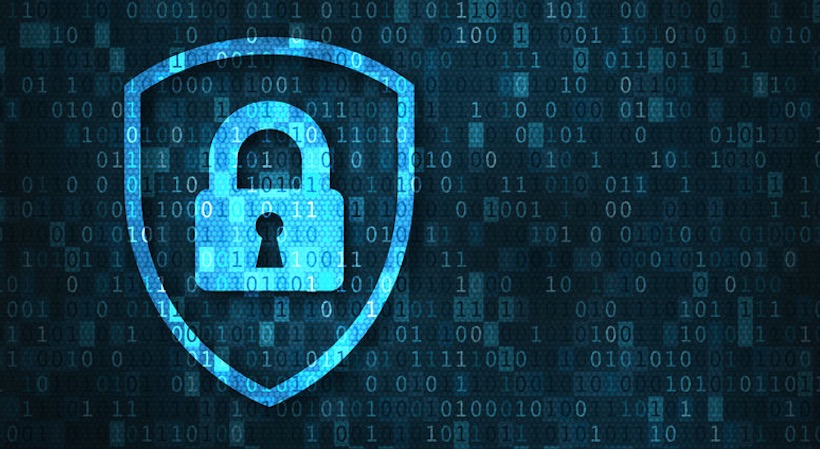Entrepreneurs can prevent malicious actors from undermining their vision by developing a security-first mentality. Cybersecurity is important for all businesses, large and small. Entrepreneurs who understand cyber threats can avoid compromises that disrupt business and erode trust with both clients and consumers.
Today, it’s nearly impossible to compete on a significant scale without technology. However, that doesn’t mean you have to accept that losses due to cybercrime are a part of doing business. By understanding cyber threats, you can make it more difficult for hackers to compromise your data in the first place.
StartupNation exclusive discounts and savings on Dell products and accessories: Learn more here
The following are five things that all startup entrepreneurs should know about cybersecurity:
Cybersecurity matters for all businesses
Logic dictates that hackers go after big-ticket targets. However, research released by the Ponemon Institute reveals that nearly 60 percent of small-to-medium-size businesses experience network breaches.
You may believe that your enterprise is too small to worry about cybersecurity. However, startup companies are especially vulnerable to malicious attacks in their first year and a half of operation.
If you use technology to store and manage sensitive information, you are a potential target for malicious activity. Hackers aren’t discerning. They use automated scripts to find any networks that contain vulnerabilities. So if you don’t protect your network, you’re asking for trouble.
Many startups don’t have a budget for a dedicated IT department. Nevertheless, they must make security a top priority from the start. Entrepreneurs should perform basic cybersecurity measures or, if possible, hire a consultant.
Related: Communicating During a Crisis: Your Startup and Cybersecurity
Trustworthy employees aren’t enough to protect your network
When it comes to cybersecurity, people are the weakest link. All it takes is a lapse in judgment to grant a hacker access to your network. Hackers sometimes use phishing attacks to trick trustworthy employees into revealing sensitive information that allows them to access company networks. Employees can also inadvertently compromise your data by connecting their already compromised personal devices to the company network.
By training employees about how to identify and avoid these threats, you can make it harder for scammers to gain access to your company’s proprietary information.
Always remain vigilant about data breaches
There are several ways that hackers can compromise your network. However, data breaches are a top concern.
With data breaches, cyber criminals target company networks to steal sensitive customer information to resell on the black market. The criminals who buy this information then use it to create false identities in bulk. If your startup stores sensitive customer information, your database is a prime target for hackers.
It’s essential to control your data
From the very start, you must know who has access to your company’s data. When you launch your business, it’s sometimes necessary to share sensitive credentials with third-party vendors. When those relationships change or end, it’s easy to forget to revoke those privileges. However, this is a mistake. You have no idea how or if that third-party vendor will protect your information. Software vendors build network infrastructure with tools that allow you to control who can access your information.
Also, you should compel all personnel to use strong passwords and change their passwords regularly. You should also revoke network access as soon as third-party vendors or freelancers complete their work or when employees leave the company.
Sign Up: Receive the StartupNation newsletter!
The cost of cybersecurity software outweighs the risks
Most startups don’t have budgets comparable to large, established corporations. Most, however, can afford basic protections such as a firewall, antivirus utility and encryption resources. While there are cybersecurity resources that are available free of charge, it’s not a good idea to use free security software to protect your business.
Many cybersecurity companies offer software subscription services. The subscriptions enable startups to pay a nominal monthly subscription fee, rather than purchasing the full program. Even with a subscription service in place, you must evaluate your offerings and determine what will work best for your business.
Many developers of cybersecurity software subscription services can offer you packages with enhanced features as your company grows. More importantly, these programs will protect your vision, and your investment in cybersecurity may help you avoid a serious incident that could hurt your brand irreparably.
For startups, cybersecurity is an expense that doesn’t directly contribute to the goals of your organization. Nevertheless, it’s necessary in today’s digital environment.






